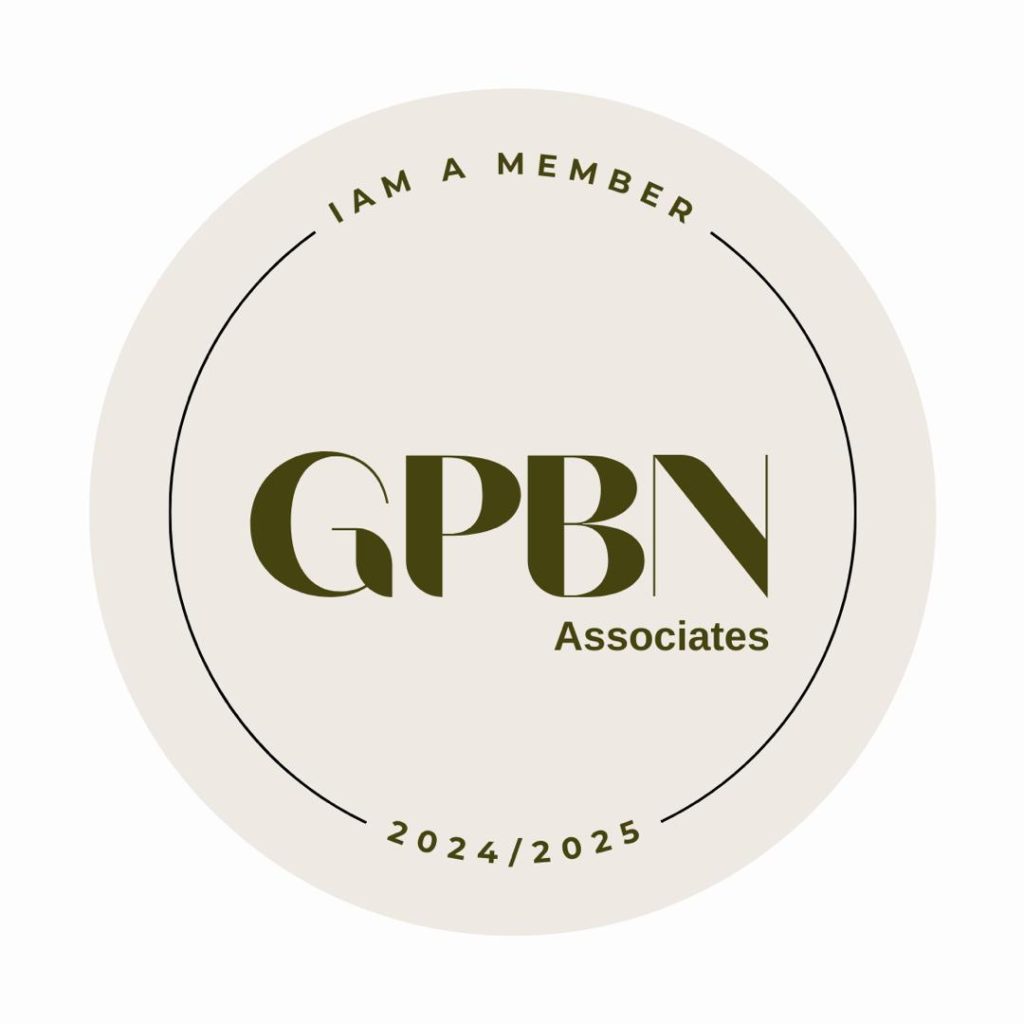
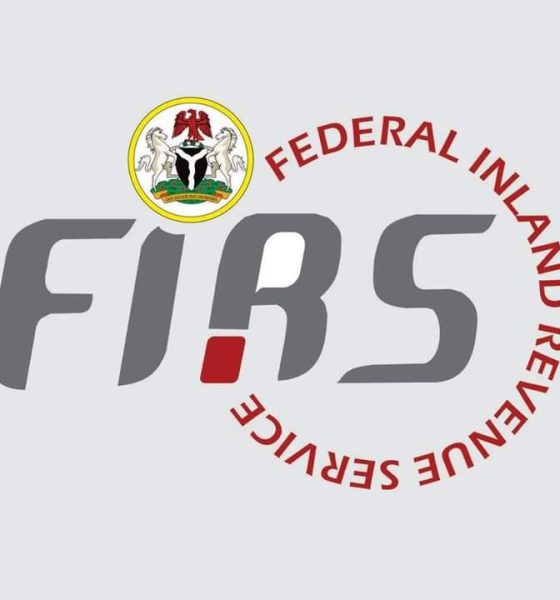
News
FIRS COMMENCES DIRECT COLLECTION OF TAXES FROM ONLINE GAMING OPERATORS
The Federal Inland Revenue Service (FIRS) has stated that it has commenced the deduction of taxes at transaction points from Online Gaming Transactions using the Sentinal National Payment Gateway and Electronic Solution.
In a Public Notice signed by its Executive Chairman, Muhammad Nami, the Service while directing full compliance by the online gaming community, explained that the Sentinal National Payment Gateway was a transaction processing system that enables Integrated Payment Services Providers to deduct taxes at the points of transaction and immediately remit the tax deducted to the government’s treasury.
“The FIRS is automating the administration of tax on online gaming using Sentinal National Payment Gateway and Electronic Solution.
“Sentinal National Payment Gateway is a transaction processing system that enables Integrated Payment Service Providers to deduct taxes at transaction-points and remit the tax deducted directly to government’s treasury.
“The deployment of Sentinal National Payment Gateway will simplify tax compliance for companies engaged in online gaming activities,” the notice read.
The FIRS also noted that all operators offering online gaming services in Nigeria, not later than the 31st of December 2022, were required “to connect to the Sentinal National Payment Gateway, deduct tax from online gaming transactions and remit same directly to the relevant government’s treasury.”
The Notice stated that though it was not mandatory for online gaming operators offering online gaming services from outside Nigeria to be incorporated in Nigeria, they are compelled by extant tax laws to connect to the Sentinal National Payment Gateway for the purposes of dedicating tax from the gaming transactions of players in Nigeria, and remitting same directly to the government purse.
Mr. Muhammad Nami, Executive Chairman of the FIRS, commenting on this approach to tax collection at the point of transaction stated that the country needed to innovate and harness technology for improved revenue generation from e-commerce as well as for accountability.
“The world is entering a challenging time where there is a strong obligation on Governments to increase tax revenue as a percentage of GDP so as to provide much needed funding for local infrastructure and public services. Nigeria needs to innovate and harness technology to ensure that online transactions are taxed and accounted for.
“We have been very impressed with the Sentinal platform which allows us to not only collect tax revenues at source, but also provides us with tax reporting and monitoring tools in real time,” Mr Nami stated, “The system will also integrate with our own TaxPro Max portal.”
In his comments at a meeting with the tax authority head, the Director General of the National Lottery Regulatory Commission of Nigeria, Mr. Lanre Gbajabiamila commended the adoption of this innovation, describing it as a “huge step” for taxation of the gaming industry.
“Online gaming continues to grow rapidly in Nigeria, particularly on mobile, and the adoption of E-technologies’ Sentinal National Payment Gateway is a huge step for us to allow us to capture gaming duty at source.

“We are welcoming all responsible offshore gaming operators to apply for a Remote Operator Permit as long as they pass all the relevant criteria including full AML screening and responsible gaming practices. We are proud to be the first country to adopt the Sentinal System and we believe it will bring a real national benefit to Nigeria,” Mr. Gbajabiamila noted.
David Kicks, the CEO of the E-Technologies Global Limited, the proprietors of the Sentinal National Payment Gateway expressed excitement over the adoption of the system by the Service.
“Governments in rapidly developing nations are struggling to keep pace with the evolution of eCommerce and the ascent of mobile transactions.
“We are thrilled that the Nigerian Government has made the decision to integrate our Sentinal System, which empowers them to streamline online taxation. By understanding better how the payments ecosystem behaves and evolves, we can drive a paradigm shift towards a point of consumption tax methodology,” he said.

News
Seyi Vibez Drops Fuji Moto Album Featuring Trippie Redd, French Montana, NLE Choppa & Olamide

Nigerian Afrobeats sensation Seyi Vibez has released his highly anticipated album Fuji Moto, a 14-track project that fuses Fuji rhythms with trap, street-hop, and melodic Afro-fusion. The album arrived on November 14, 2025, under EMPIRE, marking one of Seyi Vibez’s most ambitious creations yet.
Fuji Moto features standout international and local collaborations, including Trippie Redd, French Montana, NLE Choppa, and Nigerian rap icon Olamide. The project also includes several deep, introspective solo tracks where Seyi Vibez reflects on pain, resilience, spirituality, and his rise from the trenches to global acclaim.
Within hours of release, the album debuted at No. 2 on the Apple Music Nigeria Top Albums chart and quickly became Seyi Vibez’s most-streamed project ever on Spotify, reinforcing his status as one of the most influential voices in modern Afrobeats and street music.
With its blend of traditional Fuji influences and contemporary sonic experimentation, Fuji Moto cements Seyi Vibez’s reputation for pushing boundaries and representing the sound of the streets on a global stage.
Follow BONA NAIJA for more
Abuja
Wike Presides Over FCT Exco, Launches New Waste Management System for Cleaner Abuja
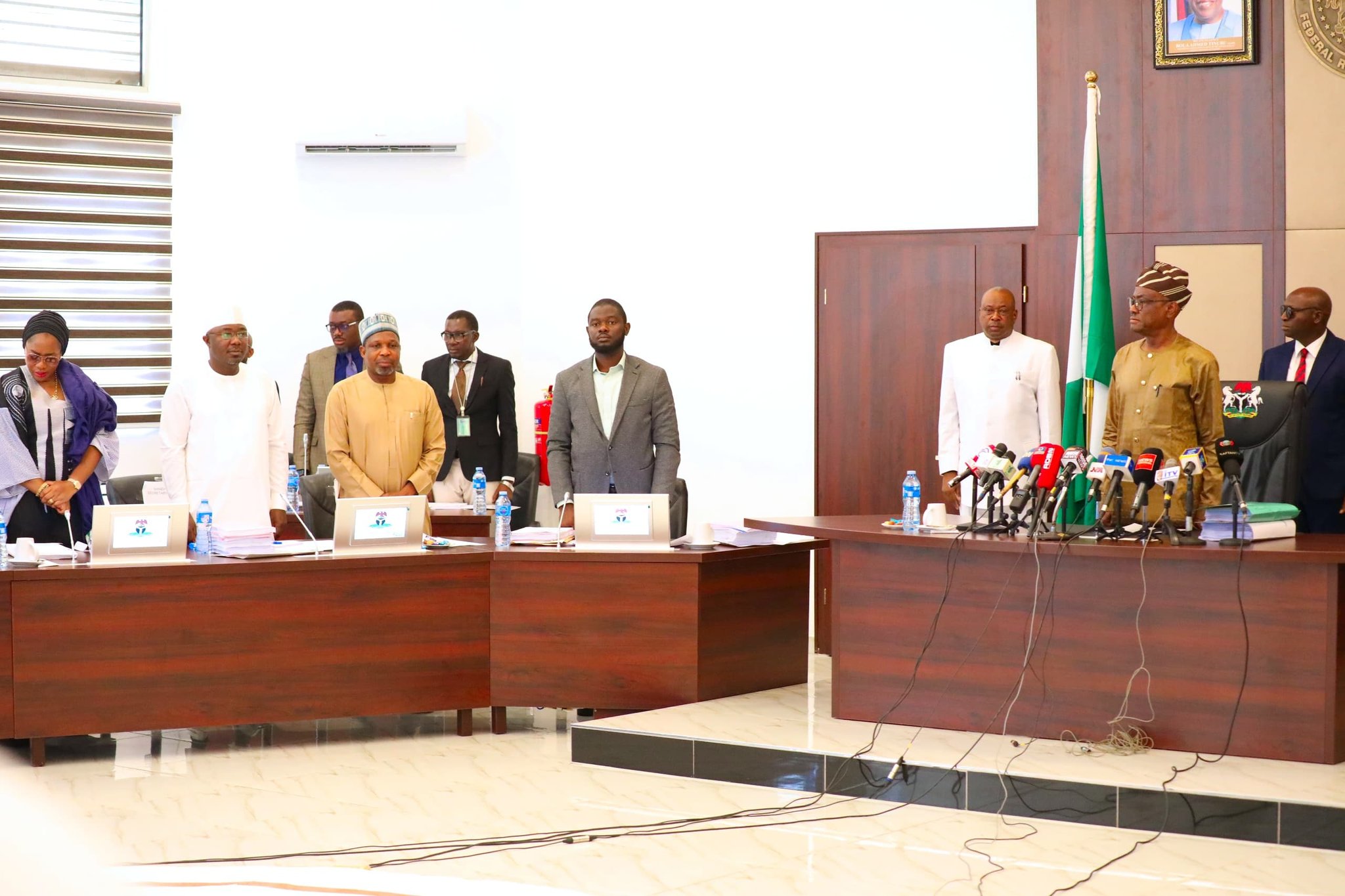
The Federal Capital Territory Administration (FCTA) will commence a comprehensive new waste management regime across Abuja from Monday, November 17, 2025, as part of efforts to improve sanitation and restore environmental order in the nation’s capital.
The announcement followed the FCT Executive Committee Meeting held on Thursday and presided over by the Minister of the FCT, Nyesom Wike.
Briefing journalists after the meeting, the Coordinator of the Abuja Municipal Management Council (AMMC), Chief Felix Amechi Obuah, revealed that the Executive Committee had ratified and approved a memo appointing new contractors to handle waste collection and management across different districts of the FCT.
According to him, the approval also covers the procurement of basic waste treatment plants, alongside the maintenance and operation of supervisory utility vehicles to support the new regime.
Chief Obuah, who acknowledged widespread complaints about waste disposal in the capital, expressed optimism that residents would begin to experience a significantly cleaner and better-managed Abuja once the new system takes effect.
Also speaking, the head of the Satellite Towns Development Department (STDD), Hon. Abdulkadir Zulkiflu, disclosed that the Committee approved payment for the emergency evacuation of waste from open dump sites, waterways, and stream channels in the Dogon Gada community of the Abuja Municipal Area Council (AMAC).
He explained that a total of ₦111,913,176 was released for the execution of the cleanup contract.
In addition, the FCT Transportation Secretary, Hon. Chinedum Elechi, announced approvals for printing services for the Directorate of Road Transport Services. He added that funds have also been approved for the operation and maintenance of 34 existing traffic lights, as well as the installation of three new traffic light systems within the Federal Capital City.
Earlier in the meeting, the Chief of Staff to the FCT Minister, Hon. Chidi Amadi, reiterated Wike’s determination to maintain high environmental standards in Abuja.
“The Minister is very concerned about the waste management contract,” he said. “He is serious about it because it directly affects the cleanliness and overall image of the city.”
With the new waste management framework set to take effect next Monday, the FCTA says it is fully committed to delivering a cleaner, orderly, and world-class Abuja.
Follow BONA NAIJA for more
Abuja
Senator Ned Nwoko Releases Voter’s Card to Deny Marrying Regina Daniels at 17

Senator Ned Nwoko, 67, has released what he claims to be Nollywood actress Regina Daniels’ voter’s card to debunk widespread claims that he married her when she was 17 years old.
The document, reportedly issued by INEC, lists Regina’s date of birth as 1998, suggesting she was 21 when the couple tied the knot in 2019 not 17, as previously alleged.
Nwoko shared the card on social media in response to Regina’s recent revelation that she was underage at the time of their marriage, alongside new allegations of abuse and drug exposure during their relationship.
In his rebuttal, Nwoko dismissed the accusations as false and malicious, suggesting that Regina’s statements were influenced by “substance-related issues.”
The controversy has intensified following claims of family confrontations and arrests, though no formal legal action has been filed by either side.
Regina, who has presented her international passport showing a 2001 birth year, maintains that she was 17 at the time of their union. The conflicting records have fueled online debates over document authenticity and the couple’s 46-year age gap.
Social media users remain divided, with some defending Nwoko’s evidence, while others question the motive and legality of the marriage. Many commentators have also called for privacy and due process amid the escalating feud.
Follow BONA NAIJA for more
Abuja
Your anger misplaced, face those who scammed you — Wike’s aide tackles ex-Naval chief

Lere Olayinka, Senior Special Assistant on Public Communication and Social Media to the Minister of the Federal Capital Territory (FCT), has reacted to the controversy involving former Chief of Naval Staff, Vice Admiral Awwal Zubairu Gambo (retd.), over a disputed plot of land in Abuja.
In a post on his X handle on Wednesday, Olayinka alleged that the retired naval chief was deceived into buying land that had been officially designated for park and recreational purposes, not residential use.
According to Olayinka, rather than directing anger at the Federal Capital Territory Administration (FCTA) for enforcing land-use regulations, the former naval chief should focus on the individuals who sold him the illegal property.
“Vice Admiral Gambo was scammed. He needs to use his military might against the person who sold land meant for park and recreation to him to build duplexes — not FCTA officials carrying out their lawful duties,” Olayinka stated.
He revealed that the land in question was originally allocated to Santos Estate Limited in 2007 for park and recreation purposes.
Olayinka further explained that in 2022, the company applied to the then FCT Minister for approval to convert the land to residential use, but the request was declined. Despite this, the company allegedly went ahead to partition and sell the land to unsuspecting buyers, including the former naval chief.
“Santos Estate Limited had already sold the land to unsuspecting people, including the former Chief of Naval Staff, who is now building duplexes on it,” Olayinka noted.
“Like I said earlier, shouldn’t the former Chief of Naval Staff be more concerned with the person who scammed him, rather than using military might to hold on to a property on which he was duped?” he queried.
Reacting to comments made by Lt. Gen. Tukur Buratai (retd.), former Chief of Army Staff, Olayinka added:
“I read the statement made by the former Chief of Army Staff, Lt. General Tukur Buratai. As Director General of Rotimi Amaechi Campaign, Buratai has done his job.”
Follow BONA NAIJA for more
Abuja
Badaru Defends Soldiers, Says No Officer on Lawful Duty Will Be Punished Over Wike Incident
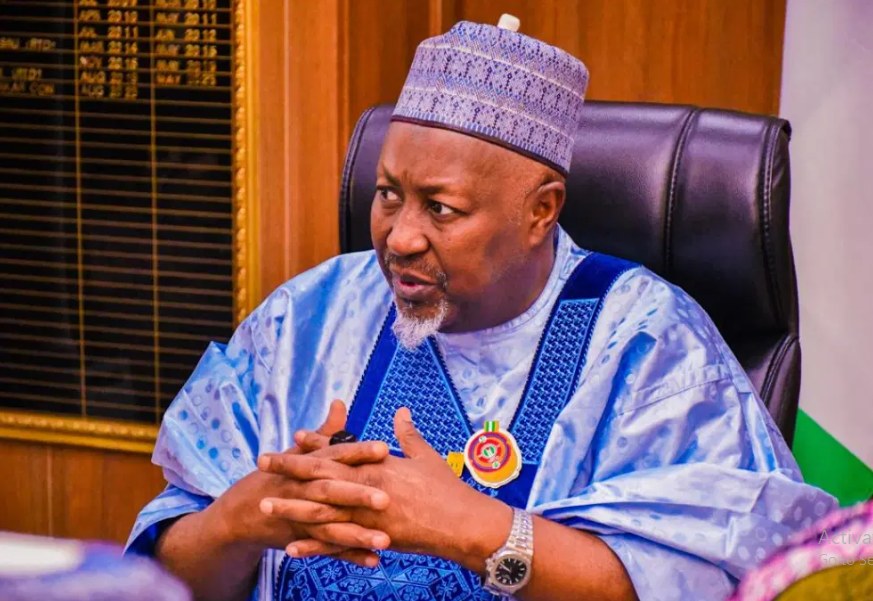
Minister of Defence, Mohammad Badaru Abubakar, has assured that no officer or soldier performing lawful duty will face punishment over the recent altercation between military personnel and the Minister of the Federal Capital Territory (FCT), Nyesom Wike, in Abuja.
Speaking during the ministerial briefing to flag off activities for the 2026 Armed Forces Remembrance Day at the National Defence College, Abuja, Badaru reaffirmed the government’s support for security personnel executing their duties responsibly.
“We will always protect officers and our armed forces personnel on lawful duty. Any officer on lawful duty will be protected if he is doing his job lawfully and if he does it well,” he said.
The assurance comes amid tensions following a confrontation between Wike and a military officer who led soldiers to secure a disputed plot of land in Abuja’s Gaduwa district.
After the incident, a coalition of retired military veterans threatened to occupy the FCT ministry if any disciplinary action was taken against the officer, insisting he acted under a lawful directive.
On National Security Achievements
The Defence Minister also highlighted key achievements under the administration of President Bola Tinubu, noting that the armed forces have recorded major successes in counter-terrorism and internal security operations nationwide.
According to Badaru, within Tinubu’s tenure, troops have neutralised over 13,000 terrorists and criminals, arrested more than 17,000, and rescued nearly 10,000 hostages. He added that over 100,000 Boko Haram and ISWAP combatants and their families have surrendered.
“These coordinated operations have dismantled major terrorist enclaves, neutralised notorious bandit commanders, and restored peace to hundreds of communities, enabling displaced persons to return home,” he said.
Badaru also disclosed that in the South-South region, troops destroyed over 1,900 illegal refining sites, safeguarding vital oil and gas infrastructure.
He emphasized that the military’s growing operational capacity is supported by strategic modernization efforts, including the procurement of Armoured Fighting Vehicles (AFVs), Unmanned Aerial Vehicles (UAVs), and naval vessels.
“The signing of the Defence Industries Corporation of Nigeria (DICON) Act in 2023 marks a milestone in indigenous defence production, positioning Nigeria as an emerging hub for defence technology in the region,” the minister stated.
He further called for collective participation in the fight against insecurity, stressing a “whole-of-society approach” that involves government, civil society, traditional institutions, academia, and the private sector.
Follow BONA NAIJA for more
-

 Abuja3 weeks ago
Abuja3 weeks agoIPOB Leader Nnamdi Kanu Declines to Enter Defence, Insists “No Case” Against Him
-

 Music News3 weeks ago
Music News3 weeks agoFlavour Unveils ‘Afroculture’ Single Featuring Baaba Maal, Directed by TG Omori
-
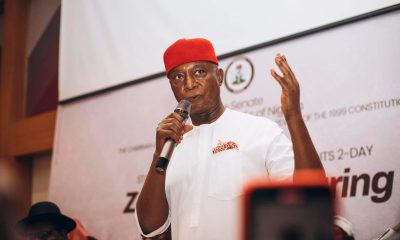
 Lifestyle3 weeks ago
Lifestyle3 weeks agoNed Nwoko Drops Bombshell, Says ‘Men Marrying Multiple Wives Are Helping Women’
-

 World News3 weeks ago
World News3 weeks agoTwo Killed, Two Injured as Plane Bursts Into Flames After Takeoff Crash in Venezuela
-

 Travel4 weeks ago
Travel4 weeks agoFRSC Flags Off 2025 Ember Months Campaign, Unveils Contactless Biometric Driver’s Licence System
-

 World News2 weeks ago
World News2 weeks agoTrump asks Pentagon to immediately start testing U.S. nuclear weapons
-

 Entertainment3 weeks ago
Entertainment3 weeks agoDavido Kicks Off ‘5ive Alive’ Tour with Sold-Out Uyo Stadium Show
-

 World News1 week ago
World News1 week agoUS Military Submits Contingency Plan for Action in Nigeria
-

 Music2 weeks ago
Music2 weeks agoMusic: Badshah and Davido Launch Cross-Cultural Hit “Wallah Wallah”
-

 News3 weeks ago
News3 weeks agoBREAKING: Tinubu Nominates Dr. Bernard Doro as New Minister from Plateau State



































